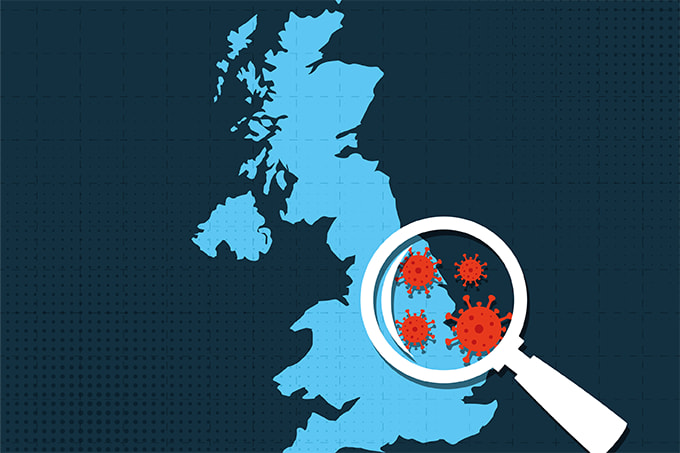
In modern times, we have never before seen a global crisis like the current coronavirus outbreak, and never has the laboratory been more central and critical to healthcare than it is today. As pathologists and medical laboratory scientists, we are at the epicenter of the pandemic as we strive to keep our patients – and ourselves – safe. As we try to slow the spread of COVID-19, we must take extraordinary measures around the world to do our part for patient care – and we must act as a cohesive unit. Although the pathology and medical laboratory professional community often feels fractured, now is the time for us to band together, share knowledge with one another, and be in constant communication with our clinical care colleagues. In doing so, we provide the critical information needed to stem the tide of the outbreak.
With so many unknowns about COVID-19, and without any real way of knowing when this pandemic will end, these are challenging and fearful times for many. But we also need to recognize that, in the face of crisis, the laboratory is a place where innovation thrives. This virus has shown us that our federal procedures and regulations aren’t as nimble as they could be. We must take that lesson to heart as we work to bring laboratory-developed and commercial platform diagnostics online quickly. The saying, “Without the laboratory, you’re just guessing,” is on everyone’s mind now, and we must endeavor to eliminate guesswork and provide accurate results and solid data. Not only are we bringing diagnostic capabilities for the actual virus online, we’ll soon also need diagnostic tests for antibodies against the virus. In the short term, we’ll need to know who has been infected and recovered; in the long term, it will be critical to monitor the efficacy of vaccines that will be developed.
Knowledge is power, and as we gain more through our research on SARS-CoV-2, we must share it liberally to ensure that everyone, from health officials to patients, is well-informed.
When the influenza pandemic of 1918 swept the world, the virus devastated the global population. At that time, our specialty was in its beginnings. Since then, we have gathered so much expertise about disease and diagnostics that the practice of pathology and laboratory medicine is almost unrecognizable to what it was more than a century ago. It is our responsibility to share that expertise with the world at large, to communicate our knowledge, and to provide the stable foundation upon which we, and our patients, can begin to recover.




